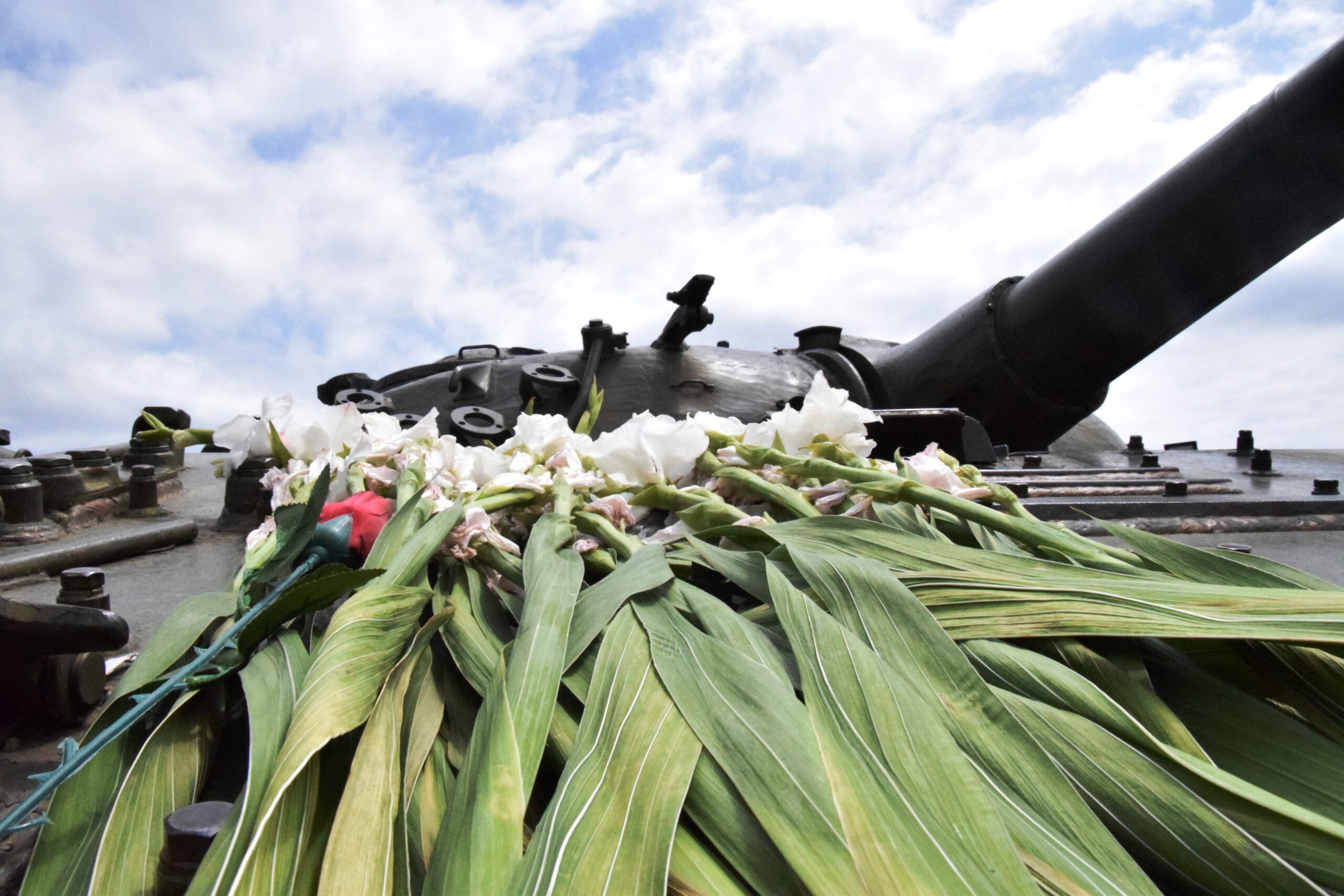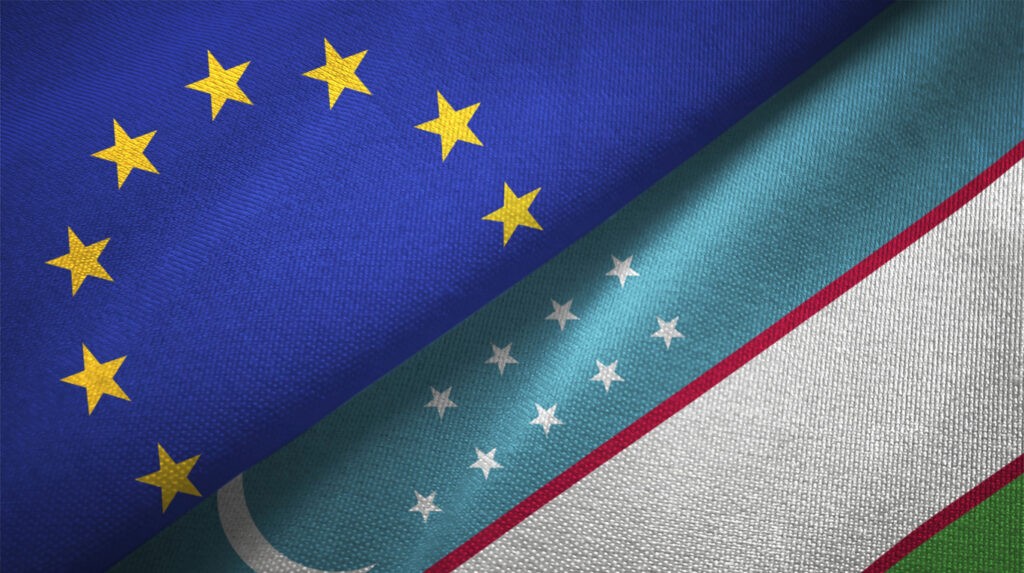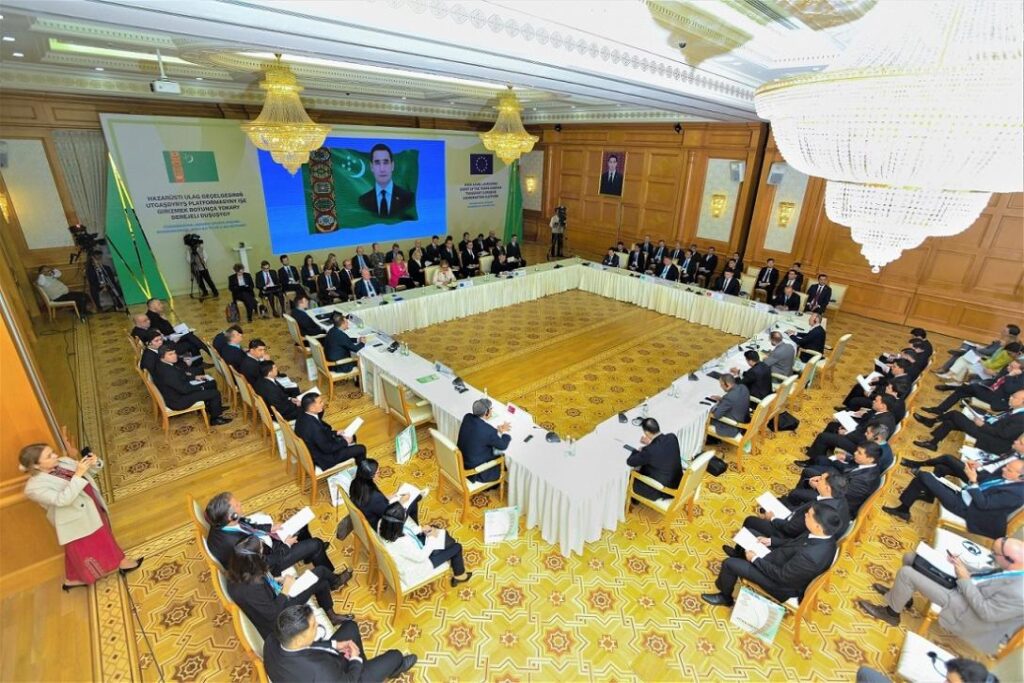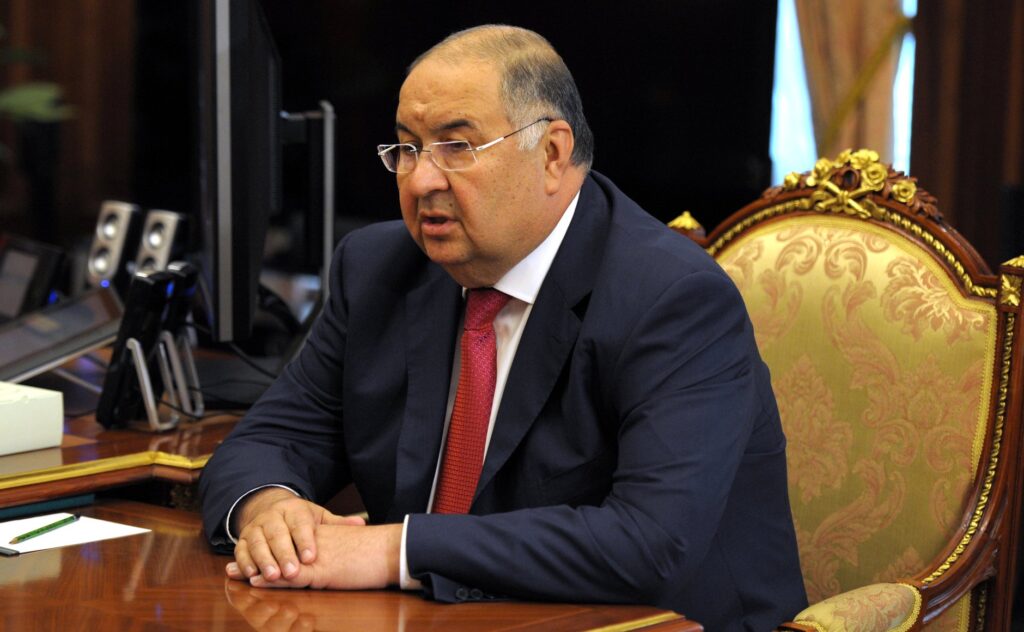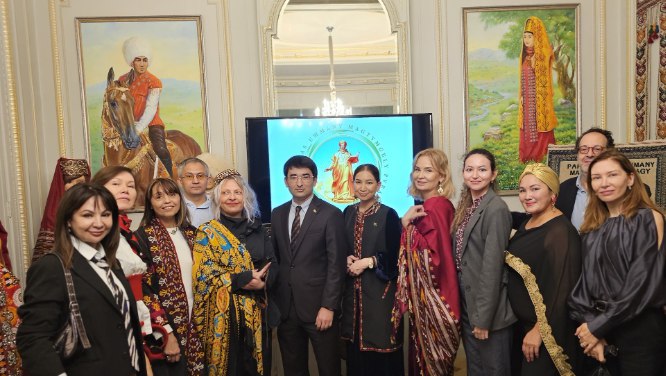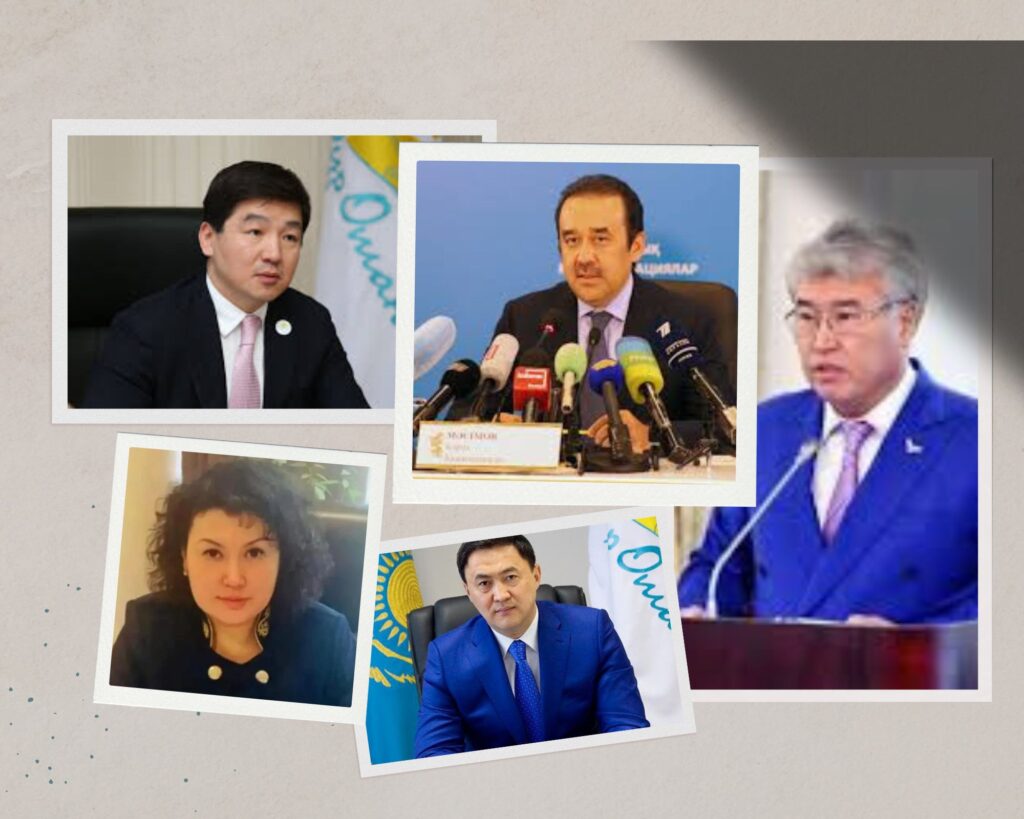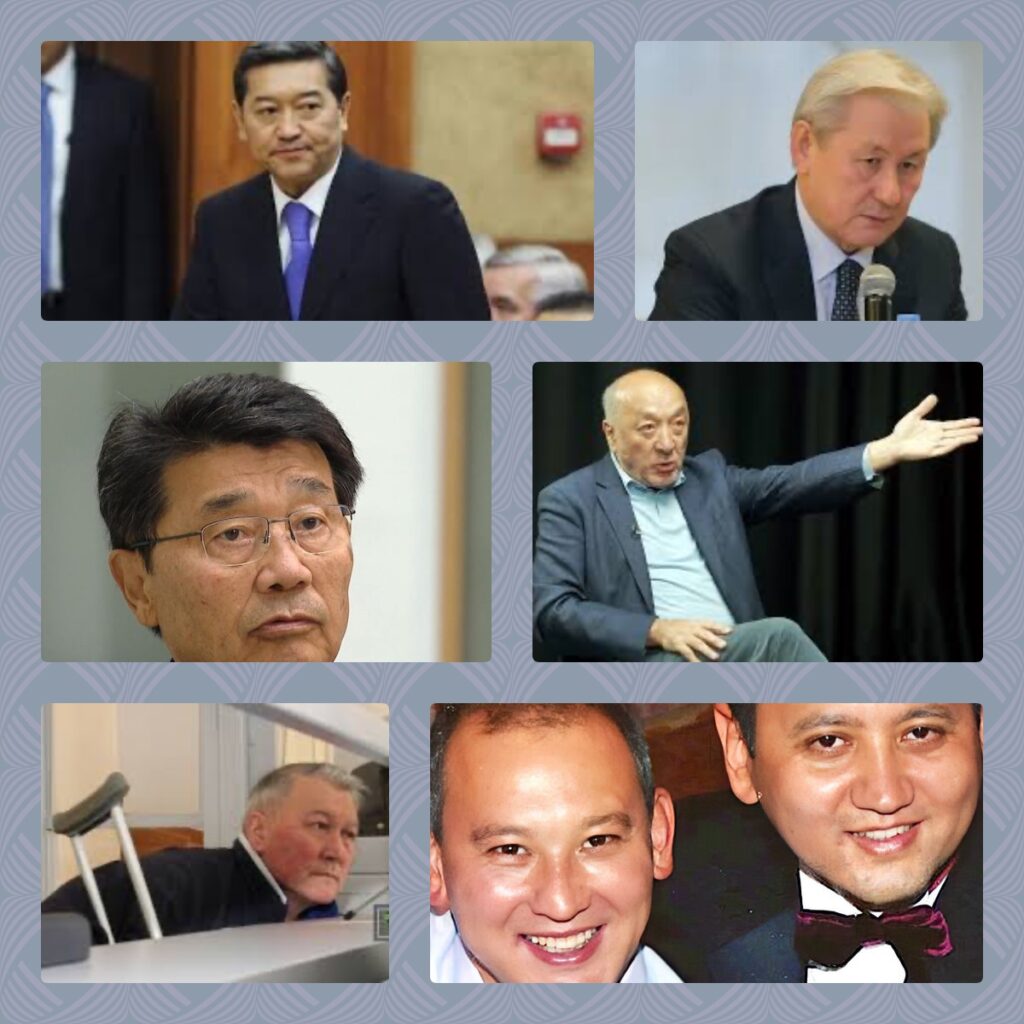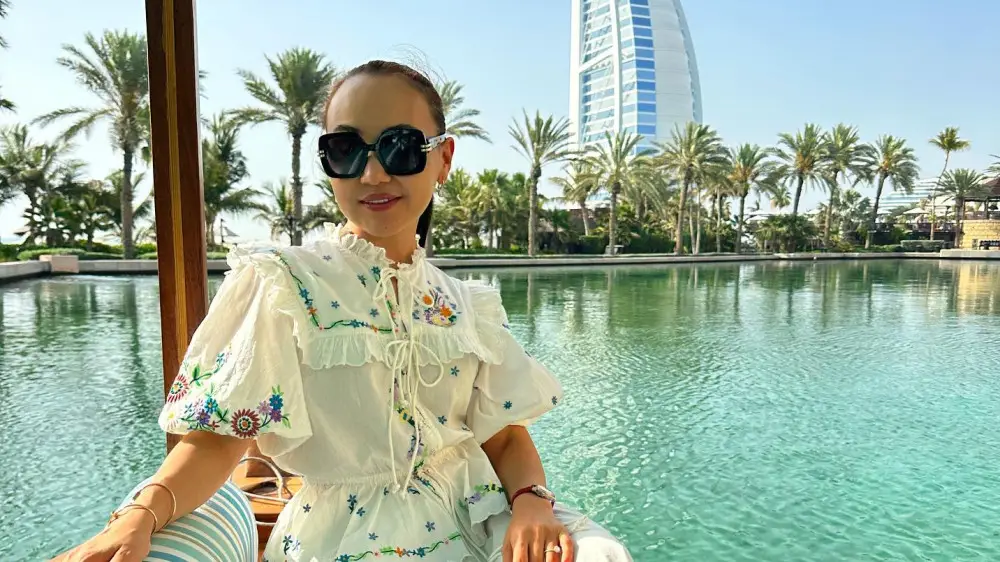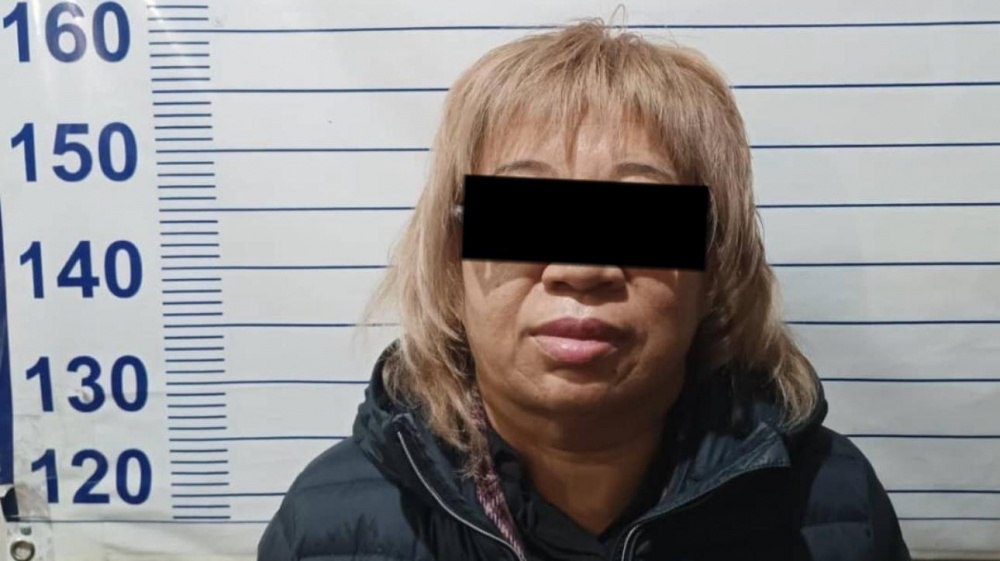Times of Central Asia Editorial
Marking the next chapter in the geopolitical re-balancing competition between Russia and the West, the European Parliament (EP) on 13 March passed a resolution on deepening ties between the EU and Armenia. The document puts forth the possibility of granting Armenia candidate status for EU membership. Shortly after, Armenia’s Deputy Foreign Minister stated that a new cooperation agreement with the EU could be signed by July 2024. The EP’s “Renew Europe” block, at the forefront of some of the harshest motions and resolutions against Central Asian republics in the EU, endorsed this outreach towards Armenia. This comes a few weeks after Armenia froze its participation in the Russian-led military alliance of six post-Soviet states, known as the Collective Security Treaty Organization (CSTO), after citing the Organization’s failure to fulfill its obligations towards Armenia in its conflict with Azerbaijan.
These recent developments should be considered in the wider context of the EU’s eastward outlook, which has not always been evenhanded. Previously, on 17 January 2024, the EP had passed a resolution detailing the EU’s strategy on Central Asia, which recognized that the region is of “strategic interest to the EU in terms of security and connectivity, as well as energy and resource diversification, conflict resolution, and the defense of the multilateral rules-based international order”. European leaders ostensibly want to bring the Caucasus and Central Asia into the Western fold and away from Russia, China and other competing regimes or ideologies.
Economic and security considerations may indeed pull European and Eurasian interests closer. Nonetheless, Central Asian states will likely, and understandably, choose to implement a multi-faceted foreign policy to diversify their trade and security alliances as they continue to transact and maintain working relationships with their powerful regional neighbors. Note that Chinese, Russian and other non-Western investment promises in Central Asia outweigh similar engagements from the EU.
There remain other potential obstacles to further cooperation. Not surprisingly, the EU seeks to have a degree of “values alignment” before establishing economic and security partnerships in the region, such as strengthened rule of law, human rights, and freedoms. On the other hand, the EU is sometimes perceived as giving conflicting and even insincere messages. Examples with regard to Central Asia include instances where the EU has asked for progress in certain areas, but then failed to acknowledge policy implementation, or even doubled down on its criticisms despite positive steps taken by the targeted country’s leadership.
Take, for instance, the discussions in the EU around the violent unrest in Kazakhstan in January 2022. The EU has called on Kazakhstan to investigate the events and to undertake reforms. In the last two years, Kazakhstan’s president Kassym-Jomart Tokayev has overseen a batch of ambitious reforms, including enhanced political participation and representation as well as a stronger legal system and improved human rights, which are essentially unprecedented in the region. The progress made, however, does not seem to have materially swayed the EU’s outlook on the country.
In terms of the investigations and court proceedings related to the deadly 2022 riots, officials involved in the abuse of detainees were arrested and tried in court (recently, on 18 March, three received prison sentences). The more egregious acts, however, appear to have been led by hangers-on from former president Nursultan Nazarbayev’s rule, who wanted to regain power. They joined forces with thugs and jihadists to overthrow the current government, effectively attempting to stage a coup-d’état. Testimonies of eye witnesses to the January 2022 events prove their links to at least one local crime boss and point to the involvement of high-level officials linked to Nazarbayev in fueling the violence to weaken the government. Other coup orchestrators include Karim Massimov, who led the National Security Committee during the attempted coup, and Kairat Satybaldy, his General-Major and the nephew of former President Nazarbayev. Massimov, who has been linked to money laundering and bribes and a growing list of corruption scandals, is serving an 18-year sentence for high treason, abuse of power, and actions aimed at violently seizing power. Satybaldy is likewise serving a six-year sentence for major embezzlement and has reportedly paid back nearly 700 billion tenge, or around $1.5 billion, allegedly obtained through illicit means into the state coffers, according to Eurasianet.
The lack of acknowledgment for positive steps taken in this case points to another problem: the amount of scrutiny the EU directs towards a particular state is not always proportional to that state’s progress (or lack thereof) in the various EU-defined “value” areas, but rather to its strategic importance for Europe combined with the successful lobbying efforts by individuals and organizations inside the EU’s halls for or against that state. Going back to the Kazakhstan example, the EP’s above-mentioned January 2024 resolution asks for the release of five “political prisoners” in Kazakhstan. Three of these names are openly linked to an organization identified by Kazakhstani authorities as extremist, which is also known to be controlled by an internationally convicted fraudster. Furthermore, underlining the impact of negative lobbying efforts, this resolution is based on a report where a controversial NGO is listed as a source. This NGO is also associated with multiple notorious individuals charged with various crimes, such as murder and embezzlement, including the aforementioned fugitive fraudster.
Making its position vis-à-vis Central Asia even more disingenuous is the fact that the EU itself is showing a decline in its transparency and rule of law. The so-called Qatargate scandal that broke out in 2022 famously involved bribery and corruption charges against multiple EU officials and their linked NGOs and laid bare the ease with which outside actors could simply purchase influence and shape the EU’s decision-making. Unfortunately, not much has changed since then: Transparency International reported in December 2023 that “the European Parliament one year after Qatargate remains a democratic legislative body with a weak ethics system that is open to undue influence.” It is also noteworthy that the acting head of the Human Rights Sub-Committee (DROI) in the European Parliament called for the “immediate and unconditional release of Mr. Karim Massimov” in November of 2022, just weeks prior to herself being implicated in the Qatargate scandal, which led to her resignation.
Finally, in passing judgement on Central Asia in particular, European officials should keep in mind distinct local factors that inevitably influence domestic policies and priorities. Central Asian people have a different agenda than the populations living within the EU. These include not only improving their economic and social welfare but also finding justice for the massive amounts of public assets stolen by kleptocrats over the years and putting an end to decades-long corruption in their states. Another key issue for the region is the growing threat of Islamic extremism, which undermines Central Asia’s nascent democracies where the populations have historically been secular. Regardless of what distant observers proclaim, these countries are trying to take measures, often supported by their own people, to stop jihadist entities and/or well-funded kleptocrats from further destabilizing their domestic institutions.
In short, while the EU’s intentions towards Eurasia may be promising, the need for a more honest and consistently constructive strategy is apparent.
